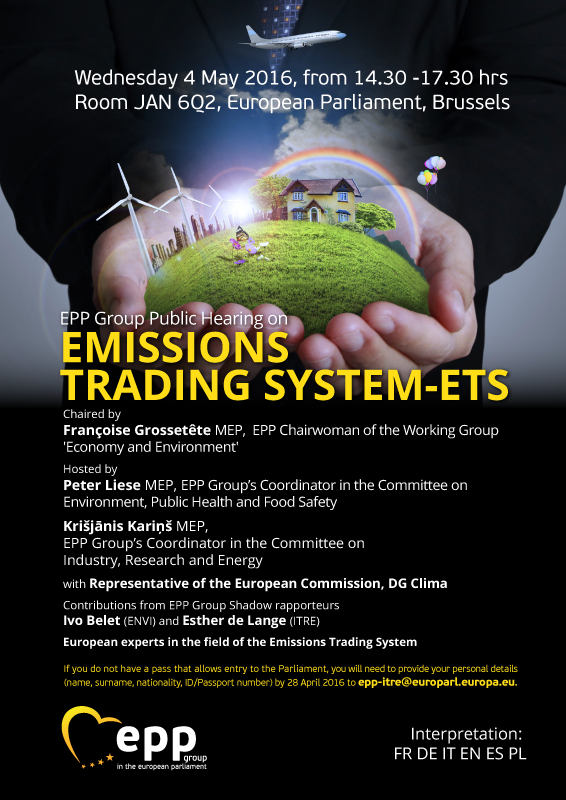Languages: German, English, French, Spanish, Polish
Towards Zero Waste: Beyond recycling: Best practices on resource management in the EU
Event Type
Organiser type
Section
Event Location
Event Description
PRESENTATION
If you are not for zero waste, how much waste are you for?
Waste management is a sector with core green focus, too often forgotten. It entails not only environmental aspects, but also economic and social aspects, namely it inserts fully within the Green New Deal logic. Indeed, from an ecological perspective, we can go beyond the historical elements of air, water and earth pollution -implications for Water Framework and IPPC directives,-, to the more modern approaches of resource efficiency, ecological footprint and CO2 emissions impact. Precisely considering waste as potential new resources brings us to the economic field. In times where finite raw materials and oil are getting more and more unaffordable, the recycling of energy and fuel-intensive materials like plastics or aluminium is crucial to reduce manufacturing bills. The waste logistics are also a relevant element of concern, whereas the externalising of waste handling to private agents has too often brought corruption in the sector and even the presence of organised crime, particularly in Southern Europe.
However, nowadays in many EU countries we are still constrained in short-sighted waste policies that entail an absolute squandering of huge amounts of financial resources in the mid-long run, something unacceptable in the current times of crisis; many of these resources used unwisely come from the EU structural funds. And too often, the situations depicted above pose severe social degradations or severe threats to the wellbeing of entire populations. On the contrary, a proper re-use and recycling policy could be an undeniable source of value-adding jobs. Again, if we insert it in the change of paradigm that the Green New Deal wants to bring forward, advanced waste management policies entail different levels of governance: from the local level of management to a more EU-wide and even global comprehensive approach on waste policies in connection to macroeconomic figures.
Therefore, in the framework of the Resource Efficiency Roadmap which aims at phasing out landfill and incineration of non-recyclable waste and move towards a circular economy the event wants to present best Zero Waste practices that have allowed for waste reduction and high recycling rates and minimising residual waste. Hence, illustrating practical examples of municipalities and communities that are moving towards Zero Waste can help to raise awareness about the latest developments in waste policy, including the institutional dimension. Moreover, we can count on updated overviews thanks to the expertise of organisations, enterprises and NGOs from the sector, which encompass many local and regional authorities as well.
Related Events
Oceans cover more than two-thirds of our planet. They are rich in resources and provide people with food, energy, and a stable climate.

Hosted by
GERMAN DESCRIPTION BELOW
Debate with trade unionists, local politicians and climate activists on the concept of "Just Transition" and the challenge of structural change after a phase-out of fossil fuels.
When: Tuesday, 26 January, 9.30
Where: European Parliament members restaurant, ASP building, Brussels
When: Thurs. 14 January, 10.30
Where: European Parliament press room, PHS building Room 0A50
YOUNG EUROPEANS: We stand for sustainability and eco-justice !
----------- UPDATE: CHANGE OF START TIME --------------
Dear correspondents,
Pages
Events of the week
Jobs
EURACTIV News
- Ukrainians battling for culture in the shadow of war [Advocacy Lab Content]
- New European Bauhaus, promoting citizen engagement, urban sustainability [Advocacy Lab Content]
- Energy savings coalition hopes Jørgensen sets ambitious energy efficiency targets [Advocacy Lab Content]
- Political groups’ agreement on Health Commissioner Várhelyi leaves deep divisions
- ICC arrest warrant for Netanyahu ‘binding’ on all member states, says EU chief diplomat

























